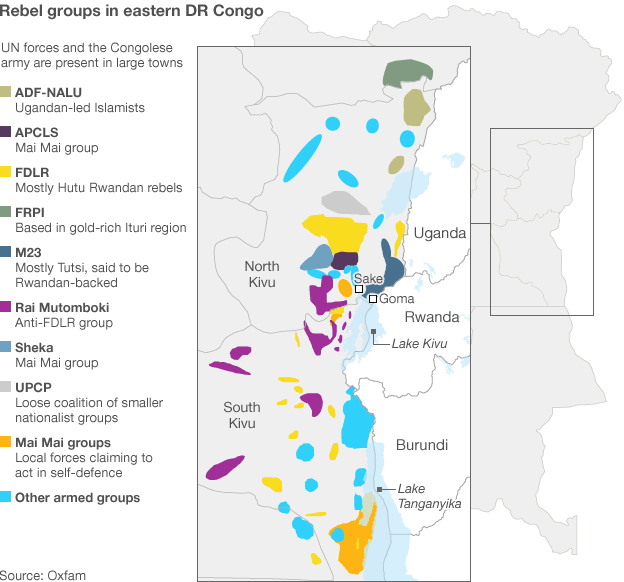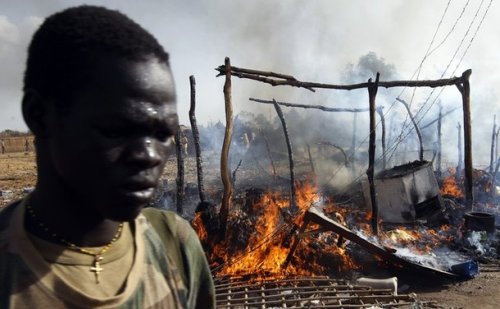That's a genuine question. The UN Mission in South Sudan cost
£500 million in its first year, about half of the entire aid budget (link from Nick Travis). The activities that they are engaged in supporting: disarmament, governance, rule of law, and human rights, are clearly important. They are also some of the most difficult in which to achieve results.
My view is that these activities are a high-value high-risk bet. Whereas investing in health and education is a very safe bet - we can achieve measurable but modest results with reasonable certainty, investing in peace and governance is very risky but with potentially enormous returns. What matters is the
expected value of the pay-off and our attitude to risk. So I'd like to see some numbers, even if they are totally made up.
~*Totally made-up numbers alert*~
So lets say that a £500 million aid investment in education and health has a guaranteed pay-off of £750 million.
We get a 50% return on investment.
And a £500 million aid investment in peace and governance has a risky pay off - either
- a - 10% chance we successfully avert a war - massive massive return - maybe £25 billion* ?
- b - 90% chance our investment has zero impact, and zero return.
The
expected value is a 500% return on investment.
This is where our preferences for risk come in. Do you take the guaranteed 50% return, or do you gamble it all for a 1 in 10 chance of winning a 5000% return?** Or are my numbers totally stupid?
---
*
Paul Collier does some guesswork on the costs of civil war in low-income countries - for a country with an average GDP of $19 billion, he estimates an average total cost of around $64 billion (in lost GDP for the country and its neighbours, wasted military expenditure, and loss to life and health). So for
South Sudan's GDP of $12 billion, the cost might be $40 billion, or £25 billion.
** A poker player with enough chips to play with would obviously go for the highest expected value return no matter how risky. The decision gets trickier when you are running short of chips, and it becomes more costly to take low probability bets. So our rational attitude to risk depends on how many chips we have to play with. You might argue that the aid budget is small compared to expenditure needs for basic service provision, so we are really short stacked...
Addendum: Frontier Economics estimate the cost of war for all of Sudan (North and South?) at $75 billion.
Addendum 2: These numbers will change quite a bit when you consider that the £500 million peacekeeping investment is
per year and the war costs are calculated over the lifetime of a war and its aftermath.
Addendum 3: All of this is besides the point I started with in my head, which is that UNMISS seems to have
nothing on its
website about any actual results. I'd like to see some explicit discussion of what they think that their outcomes are, or if there aren't any, if this is because there is an implicit calculation similar to the one above that they are doing, any a total lack of results is actually completely consistent with spending large sums of money on bets with very very large potential payoffs.



